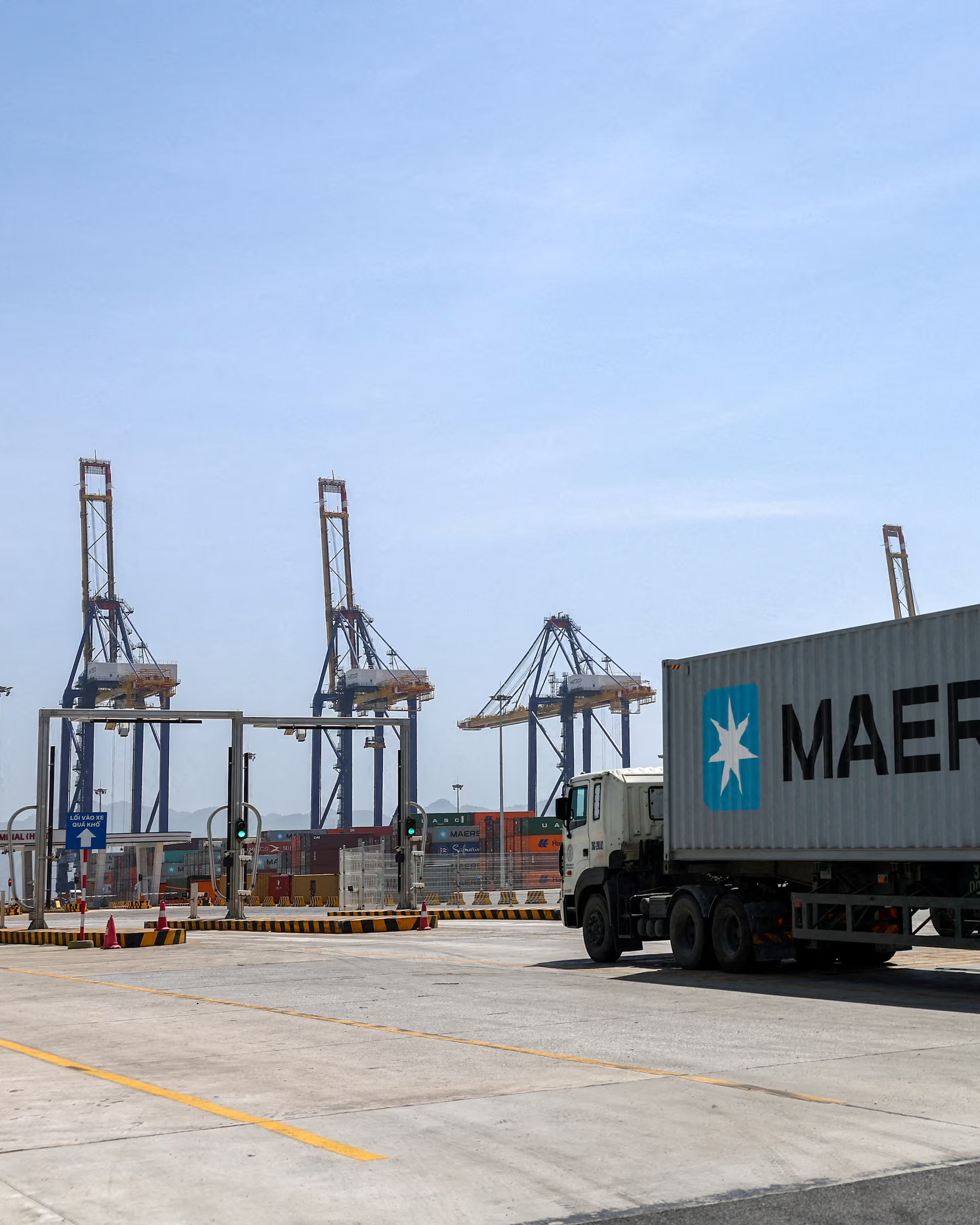
HANOI/WASHINGTON, June 16, 2025 – The United States is pressuring Vietnam to reduce its reliance on Chinese technology, particularly in telecommunications and critical infrastructure, as Washington seeks to counter Beijing’s influence in Southeast Asia, according to multiple sources familiar with the discussions.
The push comes amid growing U.S. concerns over Vietnam’s deepening economic ties with China, despite Hanoi’s efforts to position itself as a neutral player in the U.S.-China rivalry. Washington has been urging Vietnam to limit the use of Chinese-made equipment, including 5G technology from Huawei and other firms deemed a security risk by the U.S.
U.S. Concerns Over Chinese Tech Dominance
The Biden administration has long warned allies about the risks of depending on Chinese technology, citing espionage and cybersecurity threats. While Vietnam has not formally banned Huawei, it has been cautious about deploying the company’s 5G networks amid U.S. pressure.
“The U.S. has made it clear that relying on Chinese tech, especially in critical sectors, poses long-term security risks,” a senior U.S. official told Reuters on condition of anonymity. “We’re encouraging Vietnam to explore alternatives from trusted partners.”
Vietnam, a manufacturing hub for global electronics, has traditionally relied on Chinese components and infrastructure. However, as it seeks to attract more Western investment, particularly in semiconductors and advanced manufacturing, Hanoi faces pressure to align with U.S. tech standards.
Vietnam’s Delicate Balancing Act
Vietnam has maintained a delicate balancing act between the U.S. and China. While it shares Washington’s concerns over Beijing’s assertiveness in the South China Sea, it also depends heavily on Chinese trade and investment.
In recent years, Vietnam has sought to diversify its supply chains, partly due to U.S.-China trade tensions. Major tech firms like Apple, Samsung, and Intel have expanded operations in Vietnam, making it a key player in the global electronics supply chain.
However, Chinese companies still dominate Vietnam’s telecommunications sector. State-owned Viettel, Vietnam’s largest mobile carrier, has avoided using Huawei in its 5G rollout, but other providers, such as MobiFone and Vinaphone, have partnered with the Chinese firm.
“Vietnam is trying to avoid angering China while also accommodating U.S. demands,” said Le Hong Hiep, a senior fellow at Singapore’s ISEAS-Yusof Ishak Institute. “But as U.S.-China tensions escalate, Hanoi may have to make tougher choices.”
U.S. Offers Incentives for Decoupling
To encourage Vietnam to shift away from Chinese tech, the U.S. has reportedly offered incentives, including:
-
Increased investment in Vietnam’s semiconductor industry
-
Enhanced cybersecurity cooperation
-
Access to alternative 5G suppliers like Ericsson and Nokia
Last year, the U.S. elevated Vietnam to a “Comprehensive Strategic Partner,” a diplomatic status that grants Hanoi greater access to American technology and defense cooperation. The move was seen as part of Washington’s broader strategy to strengthen alliances in the Indo-Pacific to counter China.
“The U.S. is willing to support Vietnam’s tech development, but it wants assurances that critical infrastructure won’t be compromised by Chinese firms,” said a Western diplomat in Hanoi.
Challenges Ahead for Vietnam
Despite U.S. pressure, completely decoupling from Chinese technology will be difficult for Vietnam. Chinese firms offer cost-effective solutions, and Hanoi remains wary of antagonizing Beijing, its largest trading partner.
Additionally, Vietnam’s domestic tech industry is still developing, making it reliant on foreign suppliers. While the government has promoted local firms like Viettel for 5G development, the country lacks the capacity to fully replace Chinese equipment in the short term.
“Vietnam doesn’t want to be forced to choose sides,” said Nguyen Thanh Trung, director of the Center for International Studies at the University of Social Sciences and Humanities in Ho Chi Minh City. “But the pressure from both the U.S. and China is increasing.”
Broader Implications for Southeast Asia
Vietnam’s dilemma reflects a broader challenge for Southeast Asian nations caught in the U.S.-China tech war. Countries like Indonesia, Thailand, and the Philippines also face pressure to limit Chinese tech while maintaining economic ties with Beijing.
The U.S. has been actively lobbying regional allies to exclude Huawei from their 5G networks, with mixed success. While Australia and Japan have banned the company, others have resisted outright prohibitions due to cost and diplomatic considerations.
“The U.S. sees Vietnam as a strategic partner in its efforts to counter China’s tech dominance,” said Gregory Poling, director of the Asia Maritime Transparency Initiative at the Center for Strategic and International Studies. “But Vietnam will move cautiously to avoid economic disruptions.”
Conclusion
As the U.S. intensifies its push for Vietnam to decouple from Chinese technology, Hanoi faces a difficult decision. While closer alignment with Washington could bring investment and security benefits, moving too aggressively risks retaliation from Beijing.
For now, Vietnam is likely to continue its balancing act, gradually diversifying its tech suppliers while avoiding drastic measures that could upset either superpower. However, as U.S.-China tensions persist, Vietnam may eventually have to take a clearer stance—a move that could reshape its economic and geopolitical future.





